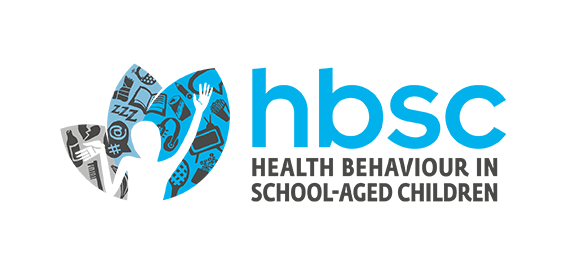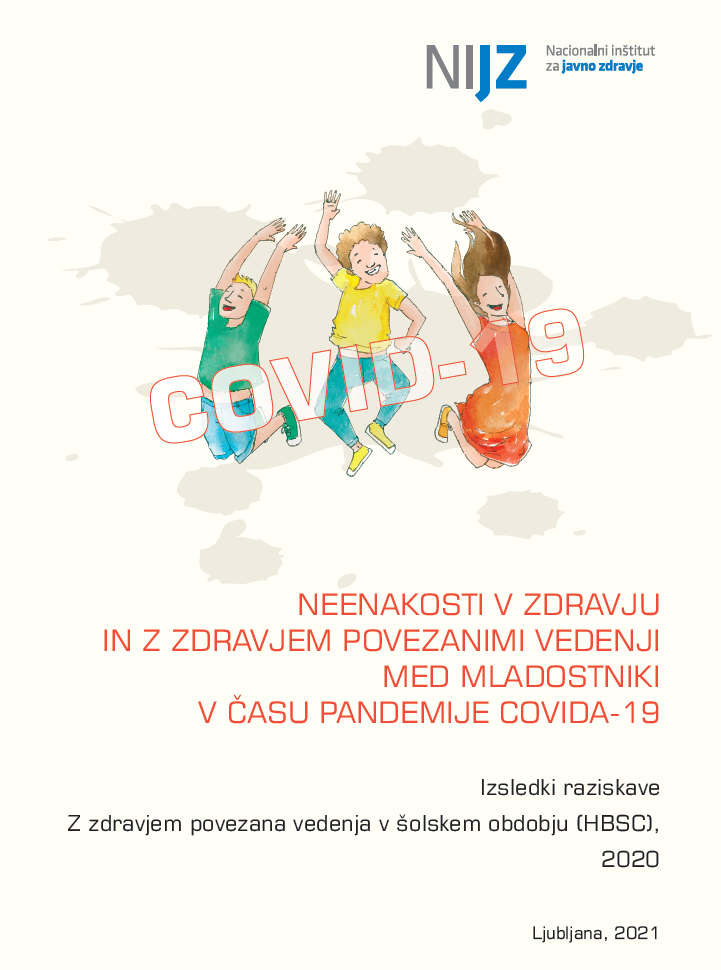Slovenian adolescents from lower-income households faced significant barriers to homeschooling in 2020, reveals the latest results from the Health Behaviour in School-aged Children (HBSC) study. These adolescents also experienced greater feelings of loneliness than those from more affluent families.
In Slovenia, as across many countries, measures taken to control the COVID-19 pandemic disrupted the lives of adolescents and young people. School closures and restrictions on movement affected their schooling and social interactions, distancing them from their peers and keeping them away from their primary social settings. These measures did not affect all young people equally and had more serious consequences for particular vulnerable groups.
In the autumn of 2020, the HBSC team at the National Institute of Public Health conducted a survey to investigate the health behaviours and experiences of Slovenian adolescents during the lockdown that spring and upon their return to school that autumn. The study collected data from 3052 adolescents aged 14 and 18 years.
Download the report (Slovenian)
Poor homeschooling conditions for adolescents from less affluent families
The study revealed inequalities in Slovenian adolescents’ homeschooling experience during the COVID-19 lockdown in 2020. It found that adolescents from less affluent families had suboptimal homeschooling environments, including a lack of personal space at home for studying and inadequate support for schoolwork.
Roughly 15% of adolescents did not have a dedicated space at home for schoolwork, especially those from non-nuclear families or those with an unemployed parent.
Approximately 10% of adolescents reported infrequent access to electronic devices, online tools and social media and communication platforms, with higher percentages observed among those from non-nuclear families.
In addition, 26.6% of adolescents reported receiving little to no support from teachers and parents for their schoolwork during the lockdown, particularly those from less wealthy families.
Feelings of loneliness and isolation higher among adolescents from poorer households
“Adolescents from less affluent families not only had to deal with unfavourable homeschooling conditions but were also more likely to experience negative emotions such as loneliness, isolation and poor mental well-being. These factors can create significant challenges for their overall development,” says Dr Helena Jeriček Klanšček, national coordinator of the HBSC study in Slovenia.
One in five adolescents reported feeling lonely frequently and rarely feeling a sense of belonging with their friends, while 16% reported never or rarely having someone to talk to. Adolescents from non-nuclear family structures and those from lower socioeconomic status households were more likely to feel lonely and experience social isolation.
These findings indicate that adolescents from less affluent families are a vulnerable group that requires continued attention and support to ensure equal access to education and to support their well-being and healthy lifestyles during and after the pandemic. Addressing inequalities in these areas will require targeted prevention and support programmes.
“To reduce loneliness and promote healthy living, schools, governments, and nongovernmental organizations must prioritize the needs of less affluent families and youth in their policies, programmes and initiatives. By providing improved opportunities for education and social support, society can help to reduce disparities and ensure a brighter future for all adolescents,” adds Dr Helena Jeriček Klanšček.

